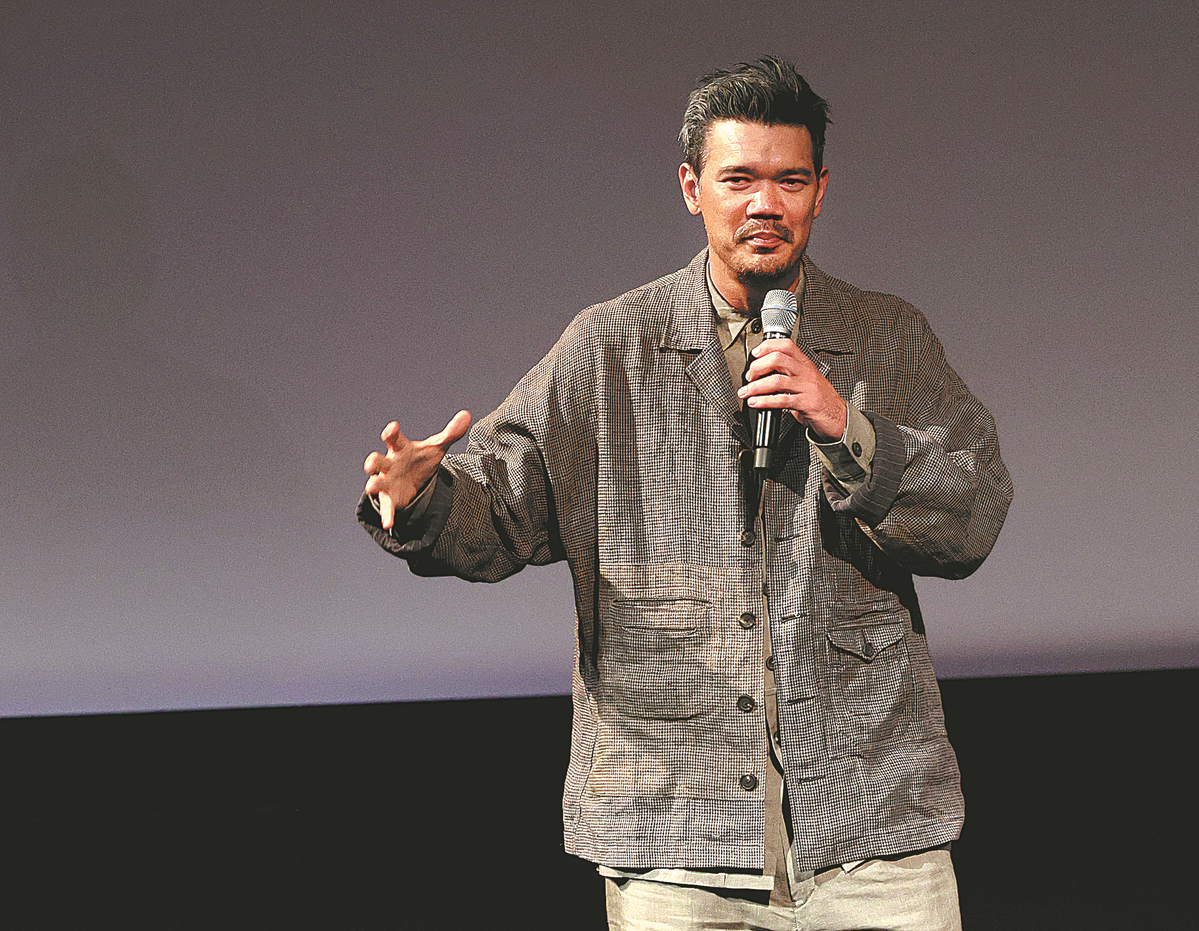Debate triggered over Asian stereotypes at the movies


Progress achieved
Janet Yang, executive producer of The Joy Luck Club, the first major film with an all-Asian American cast, is positive about the progress that has been made.
"That (whitewashing) won't happen again," she said in a recent episode of Niu's podcast. "There was such an outcry about that, and it really, almost definitely, affected the box office of those movies."
Compared with some 30 years ago, when The Joy Luck Club was being made, Yang said the 2018 film Crazy Rich Asians was "a true hallmark of change", and with the release of Shang-Chi and the Legend of the Ten Rings, "we've just jumped to a whole other level".
Yang, from Giant Leap Media, organized a sellout screening of the Marvel production at a 1,100-seat theater in Los Angeles to increase community engagement. He said, "The idea of having an Asian face as the hero in a Marvel story is definitely going to open people's eyes."
Ron Han, editor-in-chief of POC Culture, a news and information site dedicated to promoting and highlighting people of color in pop culture, launched an online fundraiser on behalf of the Boys & Girls Club of West San Gabriel Valley in California to take more than 120 children to see this film at a private screening.
"As an Asian American kid born and raised in the San Gabriel Valley, I rarely saw myself represented properly on screen," Han said on the fundraiser's campaign page.
"Proper representation of different cultures is critically important for all children so that they understand that people of all colors and backgrounds are to be embraced and valued. …Shang-Chi has the opportunity to make a powerful impact on the way Asian children see themselves," he said.
"Growing up, I remember watching a lot of movies, and people that look like me were pretty much (depicted as) emasculated nerds."
While there is still a long way to go, there has been "a lot of improvement from a lot of different elements", he said, citing the example of Shang-Chi as "an opportunity to showcase Asian American men in a different light".
"I'm encouraged to say that things are not only changing because of the film, but also because of culture in general. I think people are more open about understanding what sexuality means or what masculinity means," Han said.
Warren Lam, writer, director and president of Creative Fugitives, which he founded in 2005 to work with producers, studios and brands, said masculinity is evolving, along with audiences. His next feature film is a coming-of-age thriller that follows four Asian American teenagers taking a cross-country road trip to confront those responsible for an Asian hate crime.
"You don't have to be muscular to be masculine. As a community, we don't have to take that. We can represent strength, character-all the hero characteristics. That is more important, not how you look," Lam said.























